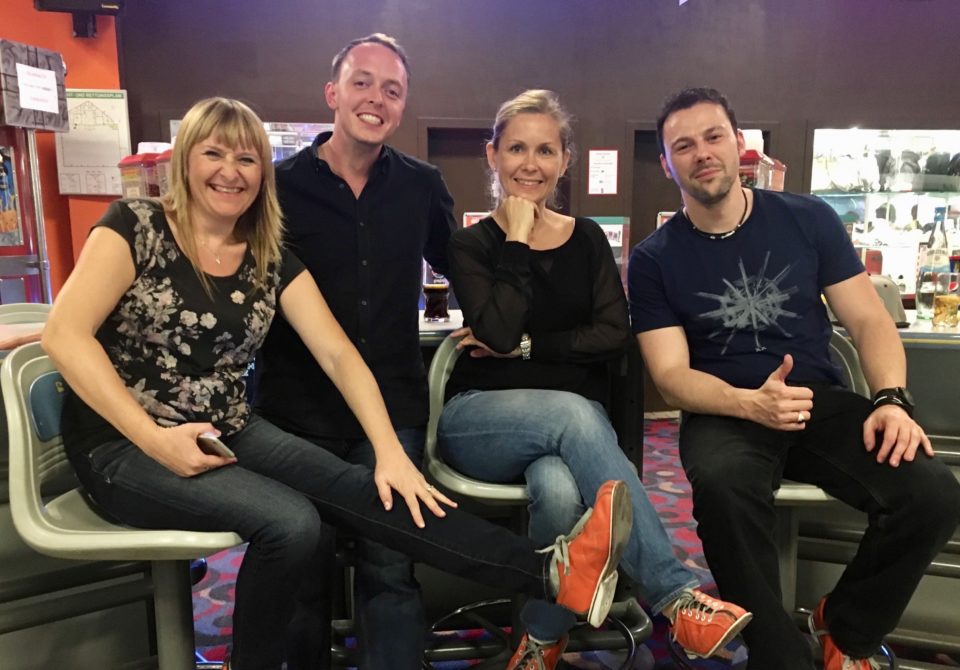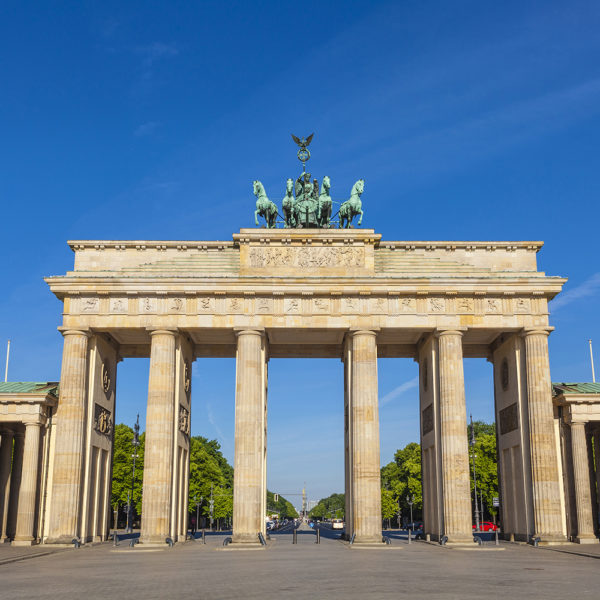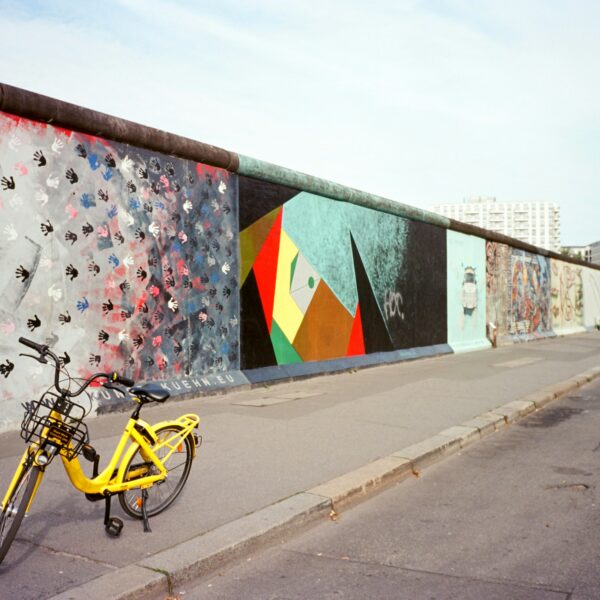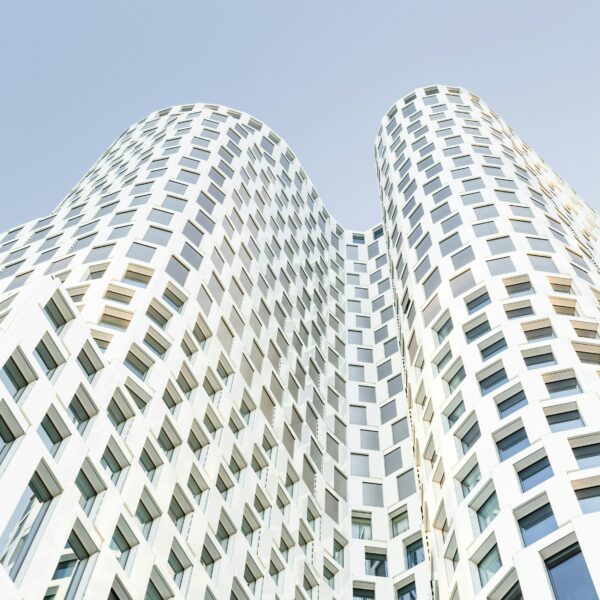
Munich has the best of everything; natural beauty, location, history, innovation, stunning architecture and a high standard of living. The ideal place to take your students!
Munich
- 4 days
- +1
- Germany
- Approx. 2 hrs
- Munich Documentation Centre
- Dachau Memorial Site
- Königsplatz & Karolinenplatz
- Nazi Rally Grounds
- Museum of Fascination & Terror
For the latest travel advice, including passport and visa information, visit the Foreign, Commonwealth & Development Office website
Sample itinerary
This sample itinerary is offered as a guideline. The trip focus, length and itinerary/activities can be tailored to meet your learning objectives.
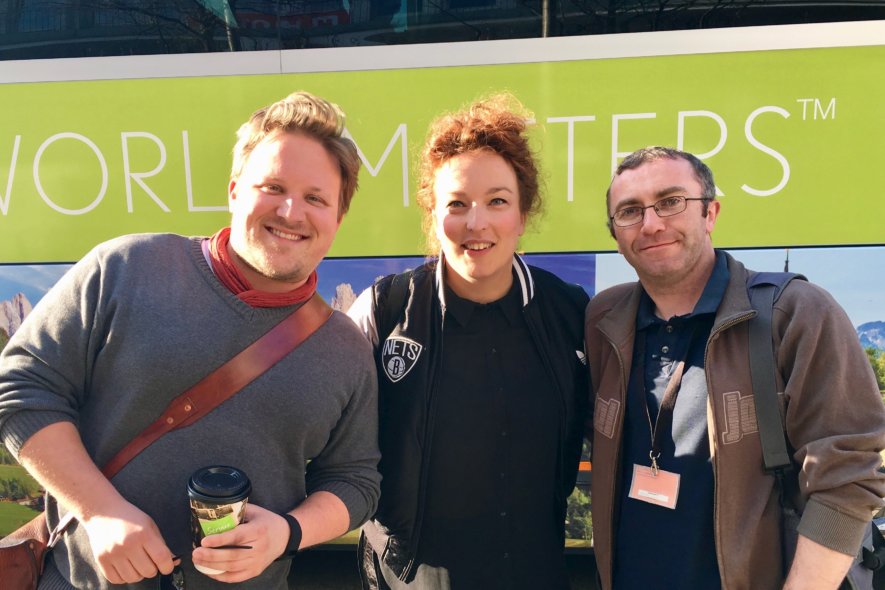
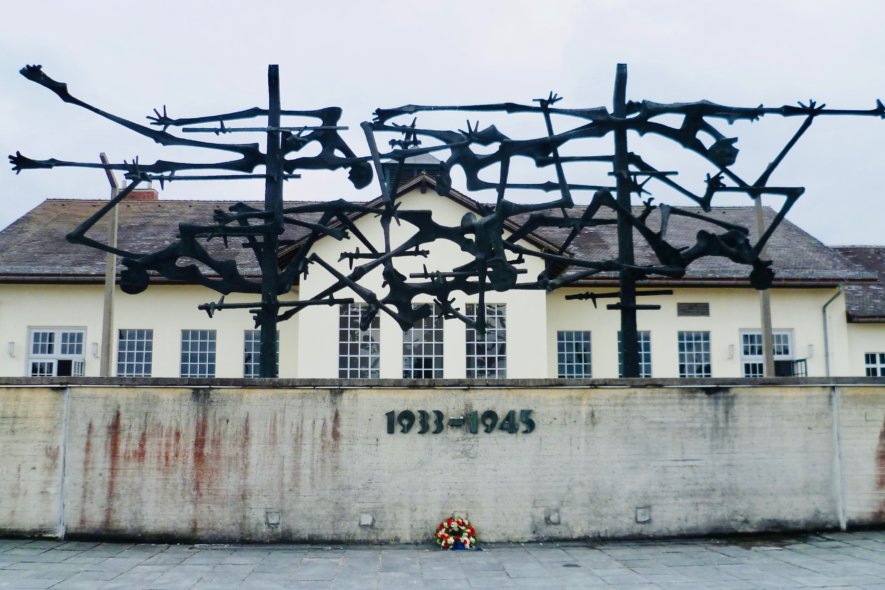
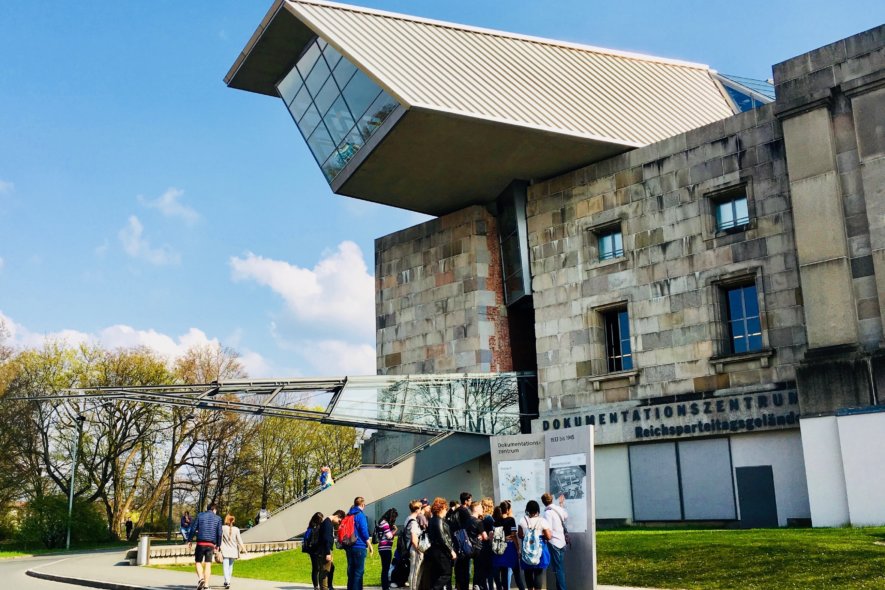
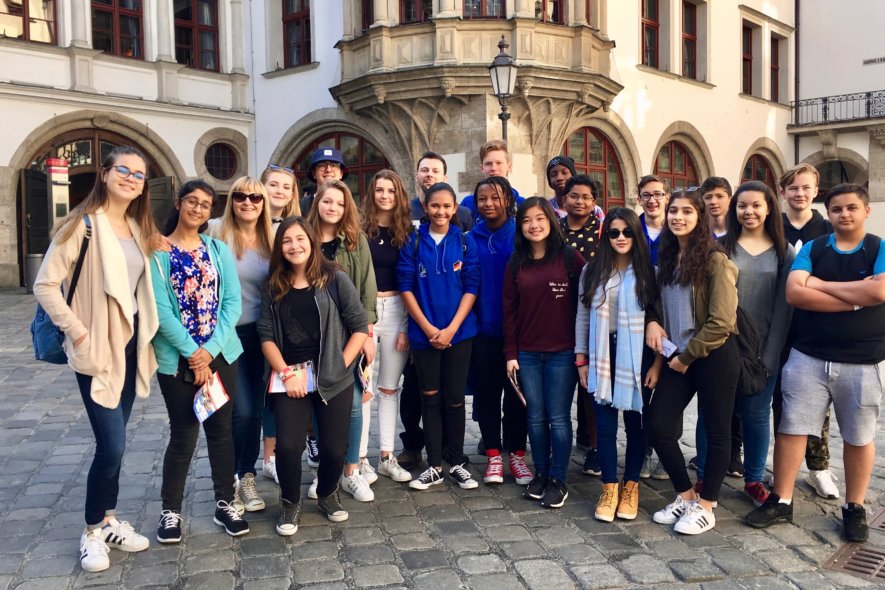
- Day
Day 1 - Fly to Munich, walking tour
Arrive in Munich and transfer by coach to your accommodation for check in. Meet your local guide for a guided walking tour of Munich including the location for the 1923 Putsch, marking Hitler's and the Nazi's rise to power, the apartment at Thierchstrasse which was Hitler's home in the 1920s, the University memorial for the student resistance group White Rose and the Hofbräuhaus.
Whilst now a famous brewery, the Hofbräuhaus is more relevant because of its political historical importance, frequented by Lenin on his many visits to Munich, the headquarters of the Munich Communist Government in 1919 and the location for the first meeting of Hitler and the National Socialists in February 1920, setting Germany on the path towards the Nazi dictatorship.
Day 2 - Dachau, Königsplatz, Karolinenplatz
This morning, travel 10 miles north to Dachau to visit the first camp to be opened in Germany by the Nazis, in 1933. The camp effectively became a ‘model’ for other camps. It was in operation for nearly the entirety of the Nazi reign. The main exhibition on site is the Path of the Prisoners, which tells the story of how prisoners came to be there and their life, and often death, using first-hand accounts.
In the afternoon spend some time at Königsplatz and Karolinenplatz. During the Third Reich era, Königsplatz was used by the Nazis as a location for mass rallies as well as book burnings. The national headquarters of the Nazis is located close by. You can still see the remains of Nazi memorial temples (used to enshrine the Nazis who lost their lives in the 1923 Putsch), which were mostly destroyed by the US Army in 1947. The building that now houses a music school was the location for the signing of the 1938 Munich Agreement.
Day 3 - Full day Nuremberg
Today travel to Nuremberg by coach for a full day excursion. Experience the power held by the Nazi party, evidenced by the extensive grounds where the Nazi party held rallies between 1933 and 1938.
Visit the Documentation Centre, where students will see the “Fascination and Terror” permanent exhibition examining the causes and consequences of the Nazi dictatorship.
Later, immerse yourself in the aftermath of Nazi rule in the Nuremberg Trials Memorial, housed in the actual courthouse in which the trials took place. The exhibition presents information on what is meant by war crimes, the Geneva Conventions, and also the main Nazi defendants whose cases were heard in the courtroom.
Day 4 - Munich Documentation Centre, fly home
After check out, visit the Munich Documentation Centre. Moving and informative, its permanent exhibition “Munich and National Socialism” explores the role and place of Munich in the Third Reich, as well as helping students to consider how National Socialism’s ideology and its grip on Germany came about.
The centre also provides background on Hitler, his personality, and why democracy failed.
After lunch, transfer to the airport for your flight home.
What’s included
Full TCBC support from the moment you book until you return home
Full itinerary flexibility to ensure the perfect tour for your students
We'll source the best available flights based on your school's location
You'll have all our necessary contact details to hand should the need arise
Knowledgeable TCBC guide ready to bring your walking tours to life
Detailed itinerary, with all entrance fees included, no hidden costs
Return flights, 1 piece of hold luggage per person, airport taxes and security charges and ATOL Protection Contribution
Airport transfers upon arrival and departure. We can also arrange your UK airport transfers if you wish
Experienced local TCBC guide in Munich for your included walking tours
Coach for arrival/departure airport transfers and where stated in itinerary
3 nights' hostel or hotel accommodation, with multi rooms for students and single rooms for teachers
Breakfasts and dinners daily at hostel, but we can arrange meals in local restaurants if preferred
Guided walking tour of Munich’s Old Town, Dachau Concentration Camp, Full day excursion to Nuremberg, Munich documentation centre
There will be no hidden costs on tour, everything will be clearly explained before departure
24 hour emergency contact details of TCBC's office and your local guide's mobile number
The normal free staff place ratio is 1:10 but this is flexible and we'll work to whichever ratio you require
Please check with your school to ensure you are covered by an adequate travel insurance policy which we will need to see a copy of. We can help you source cover if you need
We generally don't include lunches unless requested. We prefer to let the students explore the local options and choose for themselves
If you feel you have received excellent service, then our local guides and drivers will appreciate being tipped. Guidelines will be outlined in your quote
We will inform you of the availability of ballet, opera, circus, folklore show and sports events closer to departure and invoice you at that stage
Curriculum Relevance
Whether you teach History, MFL, Art or Business Studies we can design a Munich itinerary to suit your curriculum requirements.
Together with our Education Advisor Stephanie Pinder, we have compiled useful links that show how the sights visited on your tour specifically relate to your students' studies. These will be very helpful when you come to submit the tour for approval at school.
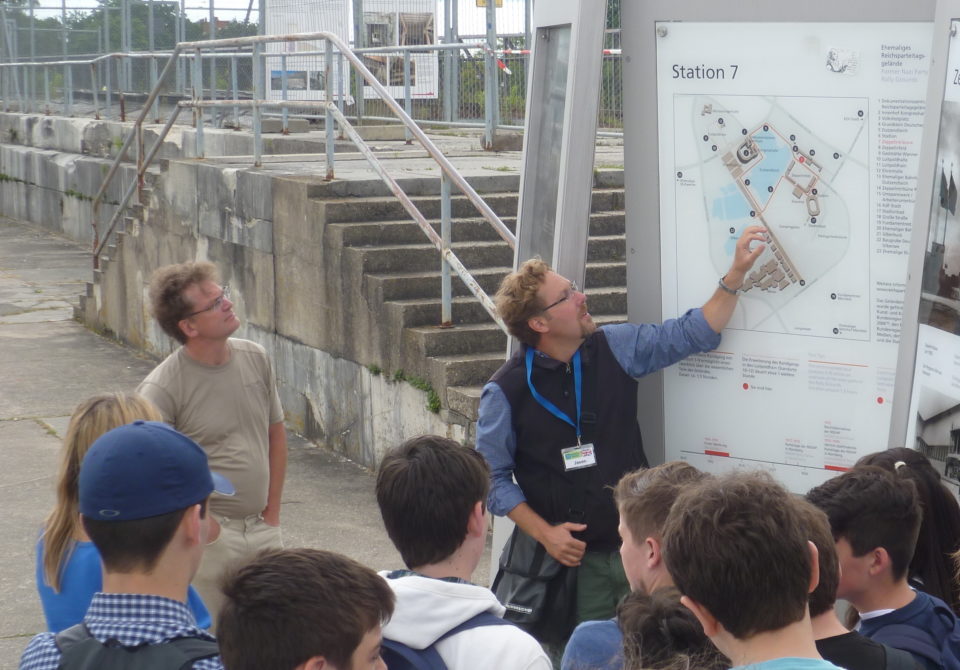
It's important that your tour meets your learning objectives. Please feel free to download our handy introduction describing all the ways a trip to Munich can be linked to the curriculum.
We have also prepared much more detailed specifications relating to particular modules. Simply enter your name and email address, select the module you'd like and we'll send it over.
Accommodation
The hostels and hotels we use in Munich are used to working with our school groups and meet our high standards
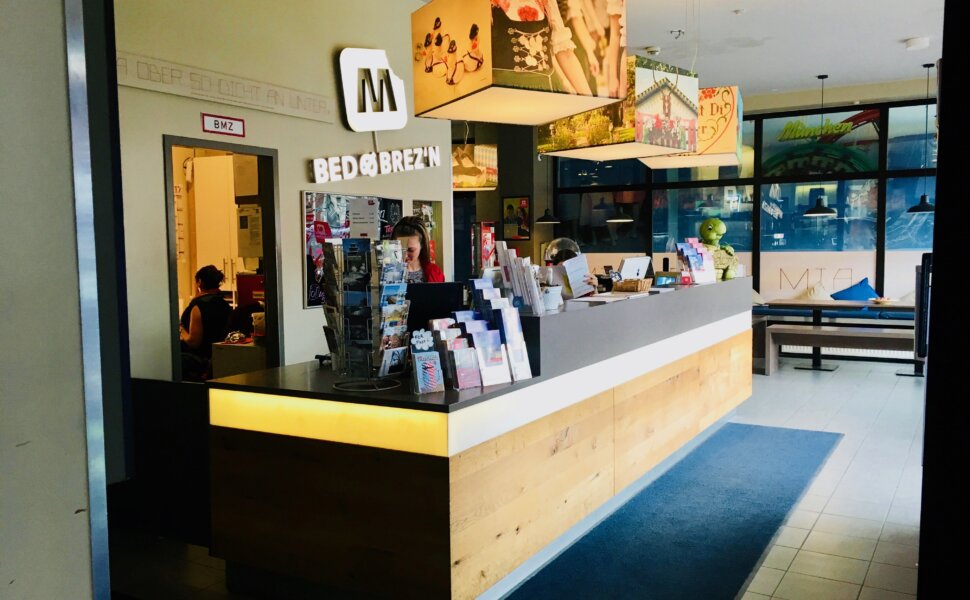
Meininger Hotel Munich City Centre
This is a good quality, bustling hostel that has a lot of experience in welcoming student groups and knows how to look after them. It's located opposite the Augustiner Bräu, very close to Munich's Old Town, about 20 minutes on foot or just a few minutes' drive by coach.
The clean, comfortable rooms are accessed by a secure keycard system. The Meininger has everything you'd expect of a decent student hostel, well planned routines for check in and meal times and space for the students' to hang out and enjoy table football and a game of billiards.
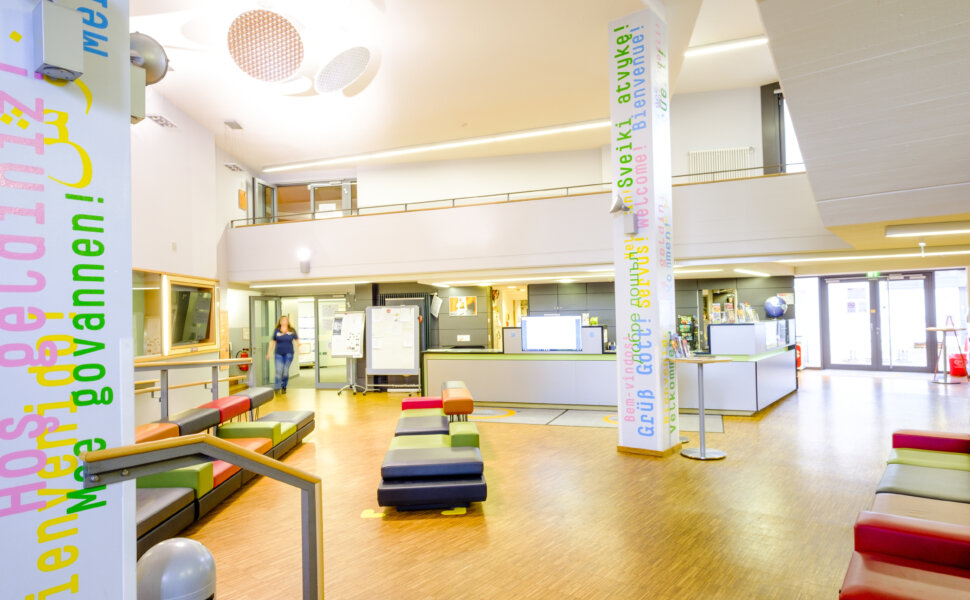
JH Munich Park
This is a modern youth hostel with a large, bright reception area and great facilities including an outside terrace, a games room, TV lounge, bistro and pizza machine. Students are accommodated in bunk beds and all rooms are en-suite. It’s situated out of the city centre in a quiet location away from the hustle and bustle of the city but with great access by public transport.
Reasons to travel with us
We honestly believe we are the best in what we do. We'd love the opportunity to show you.
Safety & reliability
The safety of all our travellers is our number 1 priority. We have a robust Safety Management System in place to ensure that our tours are run to the high levels you expect.
Experience & expertise
We have years of experience in planning school tours. Our expertise lies in our organisational skills, attention to detail and an understanding of what you need to make your trip a success.
TCBC local guides
Our guides are our greatest assets and consistently lauded. Highly experienced, knowledgeable and trustworthy, most are hand-picked and have worked with us for years.
Complete peace of mind
Our accreditations (ATOL, ABTA, STF, LOtC) provide you with the reliability, assurance and financial security expected from a specialist tour operator.
Customer
service
Our dedicated team is on hand to offer help and advice at every stage. We are positive you will be impressed with the high level of service you receive from us.
Flexibility & customisation
We customise every trip to suit your needs and offer maximum flexibility in planning your itinerary. We won’t rest until we get it right!
The personal touch
Getting to know our clients is very important to us. It’s very likely therefore that you’ll meet one or several of us at some point, either at school before departure or on the tour itself.
Total transparency
We include as much as possible in our quotes and are very transparent about what is and what is not included. There will be no hidden or surprise costs.
Pre-departure support
We understand how much work goes into planning a school trip. You will be dealing with the same people throughout the pre-departure process allowing us to respond quickly and accurately.
Repeat business
99.9% of teachers are so happy with our tours and our service that there is no need to travel with anyone else. We are confident you will feel the same way.
The trip to Munich was amazing, the best yet. I have never worked with a company that responds so immediately before. Your service has been outstanding. Thank you so much, you are truly our tour company!
